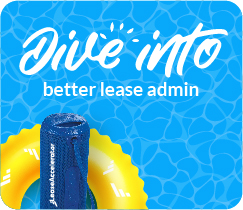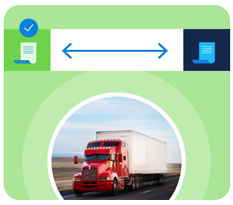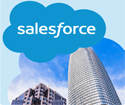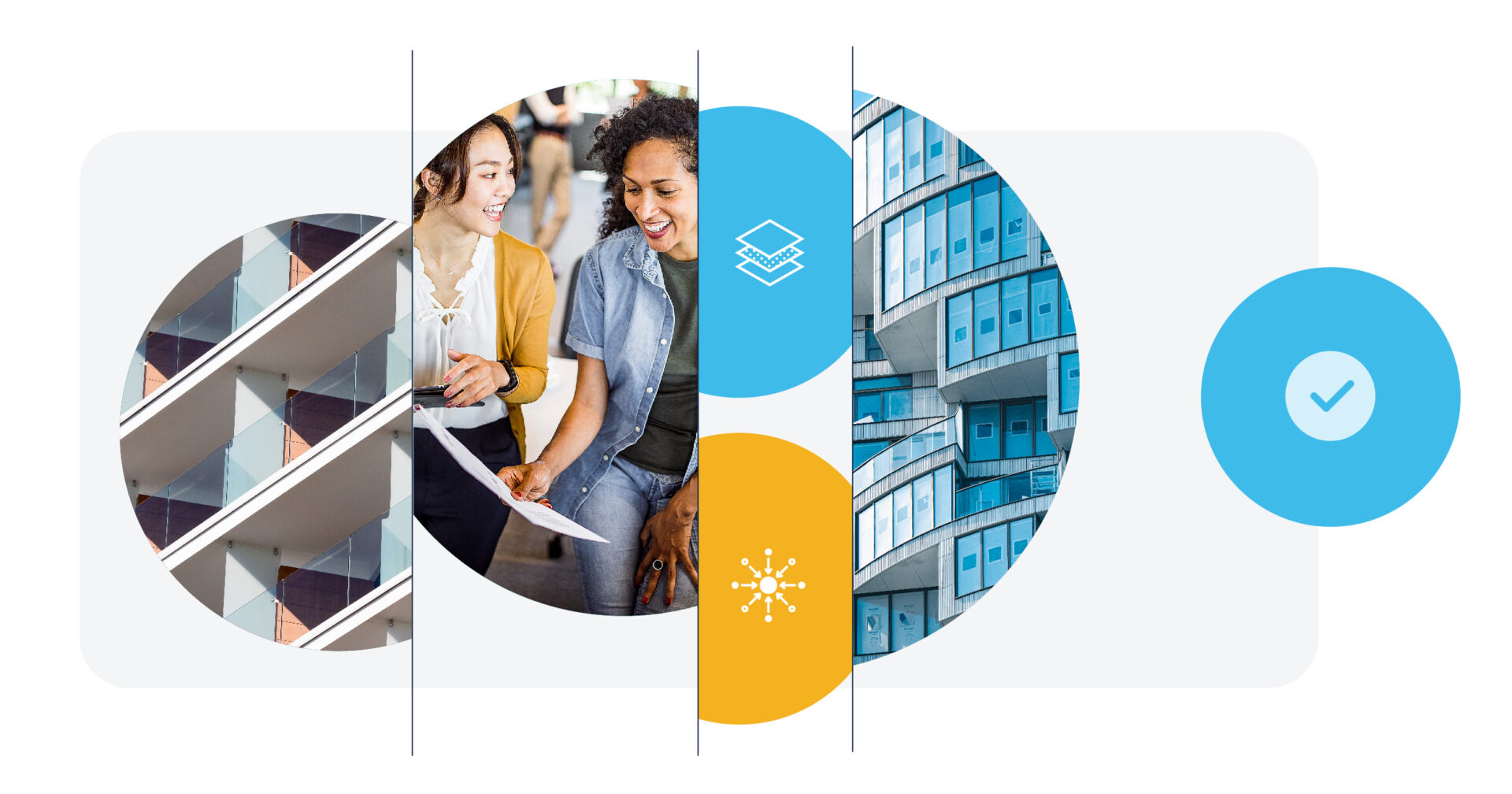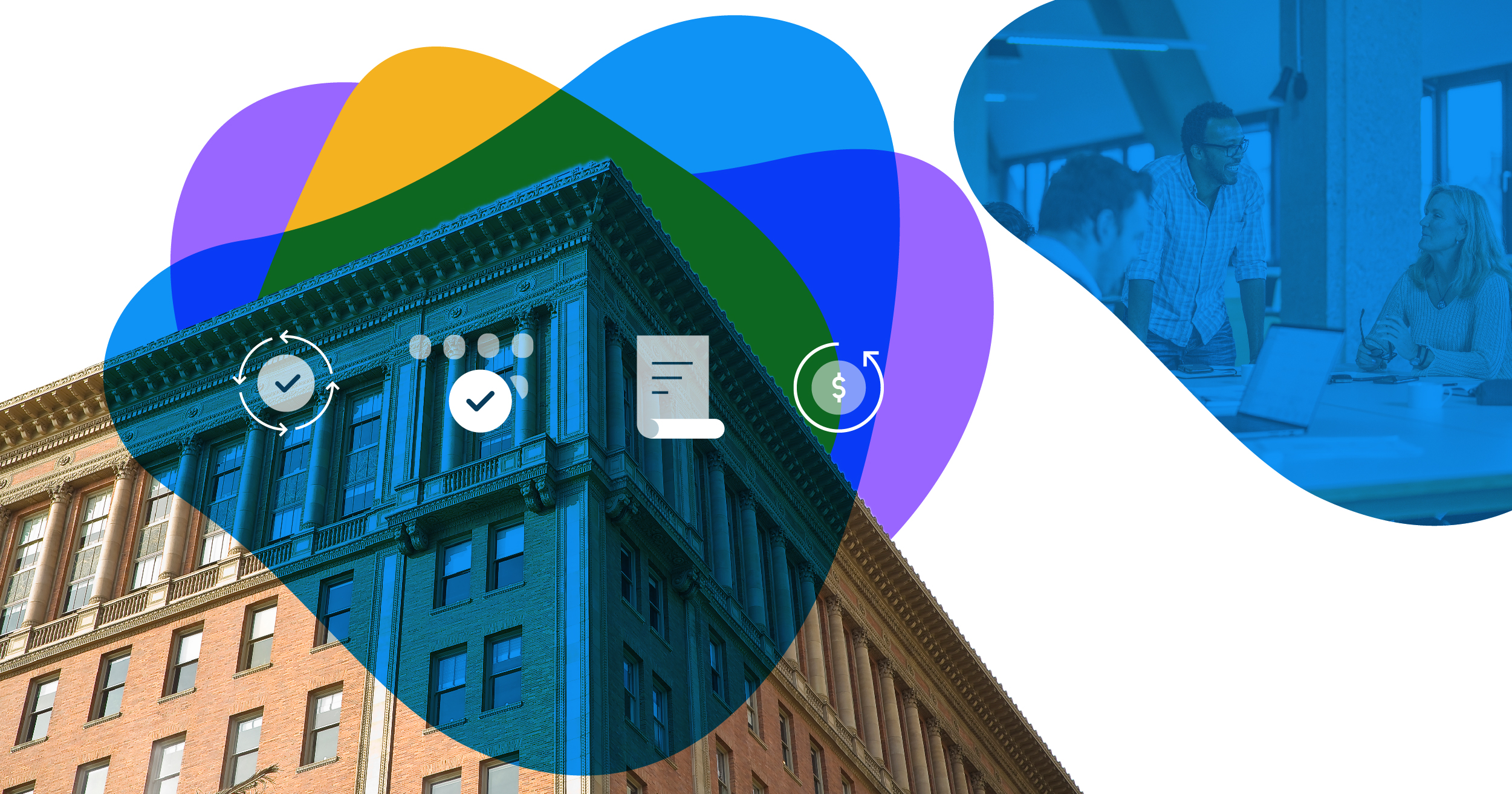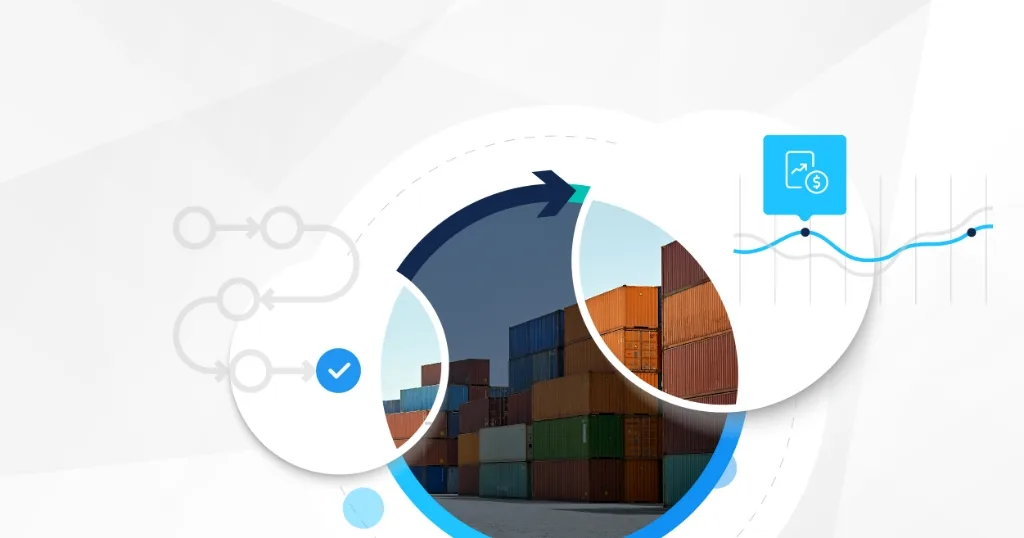As organizations grow and expand their operations, they often face the challenge of centralizing real estate lease data and lease accounting processes across business units, locations and software systems. This can be a complex and time-consuming process, particularly when it comes to consolidation. Thankfully, with a proper lease administration solution, the process can be easier.
What is real estate and lease accounting consolidation?
Real estate and lease accounting consolidation is the process of integrating the Real Estate administration and the financial impacts and transactions of your Real Estate property portfolio, combining financial information from multiple properties/assets into a single holistic solution. This can be helpful for a number of reasons, including:
- Enabling the RE Administrators to push financial entries and invoices to their respective systems programmatically and not having to make accounting decisions
- Ensuring compliance with Generally Accepted Accounting Principles (GAAP)
- Providing transparency to stakeholders
- Enabling easy comparison of results across entities and property location/sites
- Improving efficiency in financial reporting for your real estate portfolio
How can a lease administration solution help?
A real estate lease administration solution can automate many of the tasks associated with managing your real estate portfolio. An integrated solution can also share accounting-significant information and transactions that originate through real estate tasks and actions. This information can be shared with the accounting solution to generate journal entries, perform financial consolidation, and reporting. For example, real estate lease administration software can help you manage property costs and invoices, send data from multiple sites into the accounting platform, calculate important financial metrics (such as lease obligations and straight-line rent expense), generate reports on demand or on a schedule, and provide dashboards for easy visualization of results.
From a dashboard, you should get key portfolio analytics, a current view of your properties by location using a mapping tool like Google Maps, critical dates management, operational task management, rent processing, budgeting & forecasting, vendor management, and customizable reporting.
Key features of real estate lease administration software
- Critical dates management
- Task assignment and workflow
- Rent processing
- Accounts Payable system integration
- Invoice management
- Vendor management
- Budgeting and forecasting
- Reporting and analytics
Key accounting controls and required fields
A standard real estate lease will have many different clauses and terms that need to be taken into account for accounting purposes. Some of the key accounting controls and data fields that should be captured in a lease administration solution include:
- Contract commencement date
- Contract term
- Rent amount (and any changes/adjustments over the life)
- Security deposit
- Common Area Maintenance (CAM) charges
- Taxes
- Insurance
- Utilities
By capturing all of this data in one place, you can simplify the process of managing your real estate lease portfolio and you have a true system of record for real estate properties.
Manage lease events
Another important consideration for real estate and lease accounting is capturing all of the relevant data for each lease event. A lease event can be something like starting a new lease, a rent increase, a change in CAM charges or the expiration of a lease. Capturing this data can be critical for maintaining accurate financial records.
Streamline the approval workflow
A real estate administration solution can also help streamline the approval workflow for new leases, lease amendments and other changes. By providing an electronic workflow, you can ensure that all approvals are captured in one place and that nothing gets lost in the shuffle.
Role-based security
Enable your real estate administrators to manage designated properties, access different features of the system, and perform various actions based on their responsibilities, along with management oversight.
Integrate with critical systems
When evaluating real estate administration solutions, it’s important to consider whether the software integrates with other systems that you use. This can make it easier to get started with the software and keep your data synchronized.
Leverage reporting and analytics
Finally, you’ll want to consider whether the software offers customized reporting and analytics. This can be helpful for generating reports on demand, understanding lease trends over time or comparing results across business units.
LeaseAccelerator for real estate lease administration and lease accounting consolidation
Recognized as a leader in this industry, LeaseAccelerator’s real estate administration solution enables you to automate many of the tasks associated with real estate and integrate them seamlessly into their lease accounting solution, including data entry, critical date management, calculation of financial metrics, generation of reports and dashboards, and approvals. In addition, the software is designed to be user-friendly, with a focus on the specific needs of each type of user.
With our CPA-rated software, you can streamline your real estate and lease accounting processes, improve financial visibility and control, and save time and money.
Schedule a demotoday.
